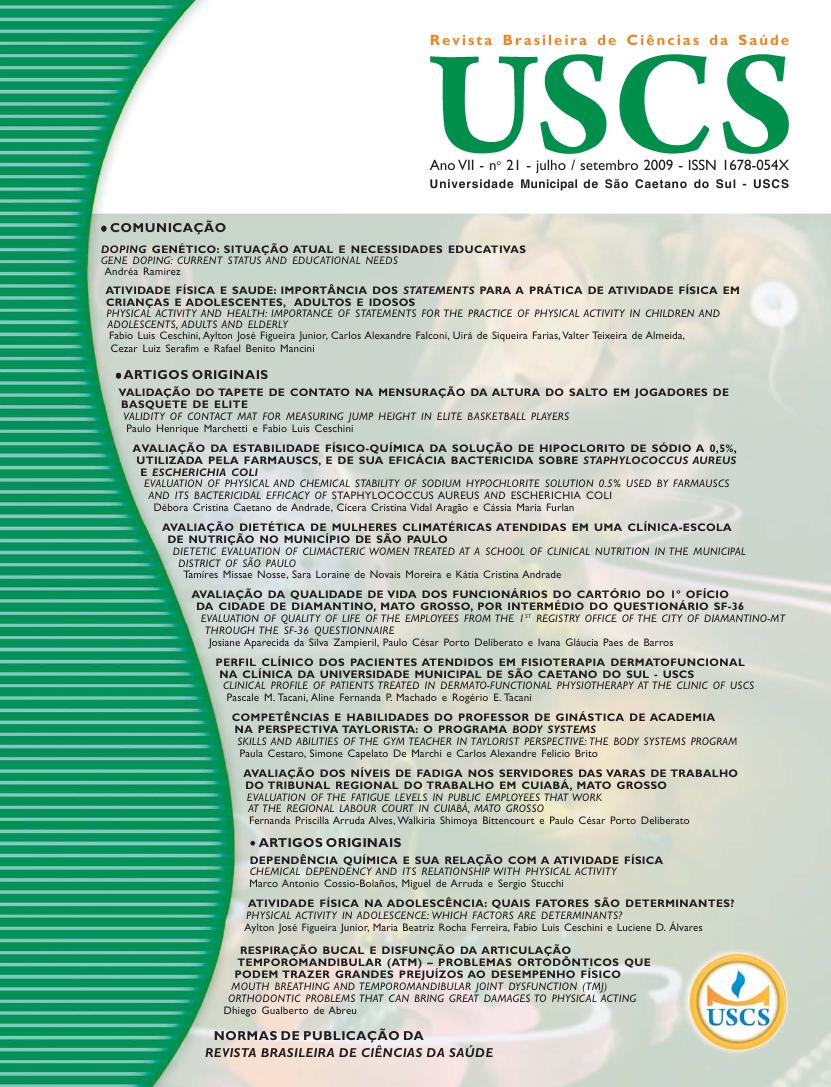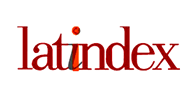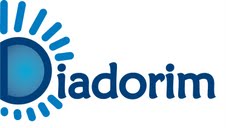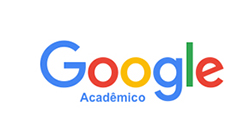VALIDAÇÃO DO TAPETE DE CONTATO NA MENSURAÇÃO DA ALTURA DO SALTO EM JOGADORES DE BASQUETE DE ELITE VALIDITY OF CONTACT MAT FOR MEASURING JUMP HEIGHT IN ELITE BASKETBALL PLAYERS
DOI:
https://doi.org/10.13037/rbcs.vol7n21.294Palabras clave:
salto com contramovimento, tapete de contato, salto vertical.Resumen
O tapete de contato tem sido utilizado em diversos estudos e possui grande aplicação prática no treinamento e no controle esportivo. Embora a plataforma de força seja considerada o “padrão ouro” na avaliação da certas variáveis dos saltos verticais, ela requer um ambiente de laboratório, assim como um alto custo para aquisição e manutenção. Consequentemente, os testes realizados no tapete de contato constituem uma boa alternativa para a avaliação de atletas na condição esportiva, quando, muitas vezes, o acesso a um laboratório se torna impossível e inacessível. Desta forma, o objetivo do presente estudo foi mensurar os critérios de validade do tapete de contato (Ergojump Jump Pro 2.0-Brazil), comparando-se tais cálculos com os resultados do “padrão ouro” na plataforma de força. Quinze atletas de basquetebol de elite, categoria sub-21, foram submetidos a três tentativas do SCM no tapete de salto (Ergojump Jump Pro 2.0) e na plataforma de força (OR6-1000, AMTI). A altura do salto vertical foi calculada utilizando-se ambos os equipamentos. Os valores de média (±1DP) para a altura do SCM, medidos pela plataforma de força, foram 32.3±5.1cm e, para o tapete de contato, foram 32.44.5cm. O teste t de Student pareado não apresentou diferenças significantes entre ambas as formas de mensuração (p = 0.90). O gráfico de Bland-Altman foi construído para fornecer uma interpretação visual aos dados. Portanto, o presente estudo sugere que os SCMs avaliados no tapete de contato apresentam confiáveis e consistentes medidas para a definição da altura de salto comparadas às obtidas por meio de plataformas de força, e que seu uso pode apresentar menor custo e praticidade.Descargas
Descargas
Publicado
2010-03-22
Número
Sección
ARTIGOS ORIGINAIS
Licencia
Proposta de Política para Periódicos que oferecem Acesso Livre Adiado
Autores que publicam nesta revista concordam com os seguintes termos:
- Autores mantém os direitos autorais e concedem à revista o direito de primeira publicação, com o trabalho licenciado simultaneamente sob uma licença
https://creativecommons.org/licenses/by-nc-nd/4.0/, permitindo o compartilhamento do trabalho com reconhecimento da autoria do trabalho e publicação inicial nesta revista.
- Autores têm autorização para assumir contratos adicionais separadamente, para distribuição não-exclusiva da versão do trabalho publicada nesta revista (ex.: publicar em repositório institucional ou como capítulo de livro), com reconhecimento de autoria e publicação inicial nesta revista.
- Autores têm permissão e são estimulados a publicar e distribuir seu trabalho online (ex.: em repositórios institucionais ou na sua página pessoal) a qualquer ponto antes ou durante o processo editorial, já que isso pode gerar alterações produtivas, bem como aumentar o impacto e a citação do trabalho publicado (Veja O Efeito do Acesso Livre).









